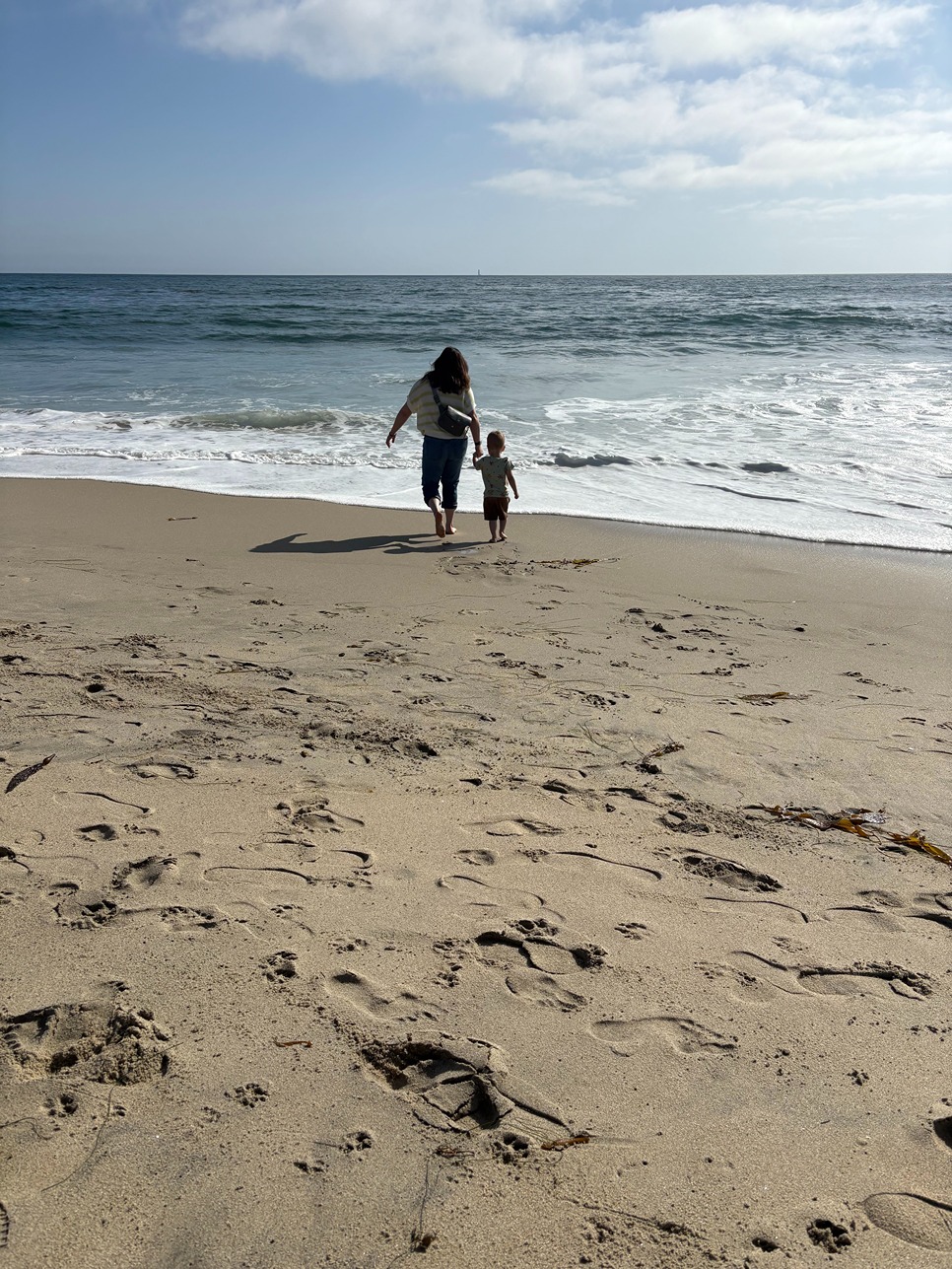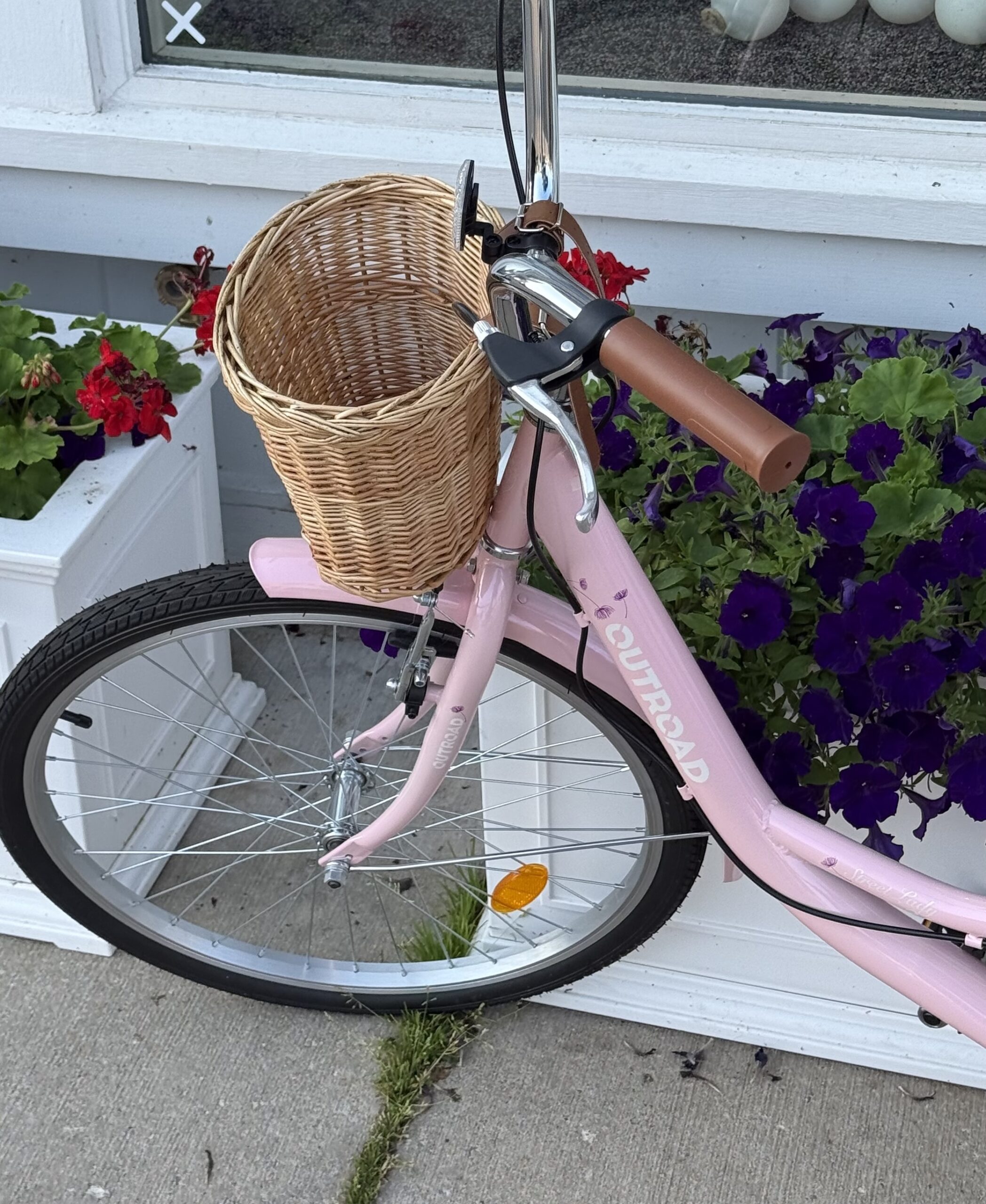*Most* resources that teach you basic SEO terms are not, unfortunately, actually basic –
Which means that after reading those resources, instead of walking away with knowledge, you’re left with confusion and stress (I blame the tech bros).
This is not one of those shitty resources.
SEO is *sometimes* complicated, but it isn’t hard, I promise – especially when you know your way around the language:
What is SEO?
Search engine optimization (SEO) is literally just the stuff you do to your website to help people find it through search engines (usually Google).
It includes things like:
- Keyword research: Making sure you’re using the same words on your website as people are using to look for you (or websites like yours)
- Technical SEO: Setting up your website so it’s easy for people and Google to read and understand
- Content optimization: Making sure your website is both helpful and interesting, so people stay on it for longer (and Google gets the hint that it’s a good one)
There are two main kinds of SEO: on page & off page.
On-page SEO is done to/inside your website itself, while off-page SEO focuses on external ways to get people to your website.
Examples of on-page SEO:
- Making sure each page on your website is optimized for a focus keyword and has unique metadata (AKA, SEO page title & description)
- Writing keyword-optimized, value-forward blog posts for your website
- Compressing your images so your page loads faster (slow load = bad experience = bad SEO), and optimizing your image names before uploading/using them on your site
- Organizing your headings and the content of your website itself
- Making sure each page only has one H1 heading (so Google knows what’s most important)
Examples of off-page SEO:
- Getting other websites to link to yours
What are SEO keywords?
In my opinion, keywords are poorly named because they’re often phrases instead of single words. But simply put, keywords are what gets typed into a search engine to find a desired result.
Example: If you’re looking to see a dietitian, you might type in “dietitian in [your city]”
Keywords vary in length, and the more words they have, the more specific they are – which means the less businesses/websites who are using them, and the less competition you have.
| Short form keywords | 1-2 words | Highly used, highly competitive | “Dietitian” |
| Medium form keywords | 3-4 words | Medium use, moderate competition | “Eating disorder dietitian” |
| Long form keywords | 5+ words | Low use, very specific, low competition | “Eating disorder dietitian in Brentwood, TN” |
There are a few things to keep in mind when thinking about and using keywords for your business, but here’s some quick tips:
1 | Do some research into keywords that will work for you! Moz Keyword Explorer is a great free tool to get started with this one.
2 | Use a variety of keyword lengths. Sprinkle in short, medium, and long form keywords.
3 | Distribute keywords everywhere – in your site copy, blog posts, social media posts, etc.
What does it mean to rank for a keyword?
To rank for a keyword means you are appearing in the results when it is searched for. The higher ranking, the better – it means you’re closer to the top on search results. It also means you have a higher chance of searchers clicking on your site.
How do I find out my rankings and SEO status?
There’s a ton of tools out there, but one of the easiest and best first options is to get your website set up with Google Search Console.
The one thing I need you to know about SEO…
… is that it really doesn’t have to hard, or perfect, to improve your website traffic and make it easier for clients to find you on their own time, especially when you have perfectly casual-yet-compelling website copy that’s keyword-rich and helping more clients find AND book with you.






